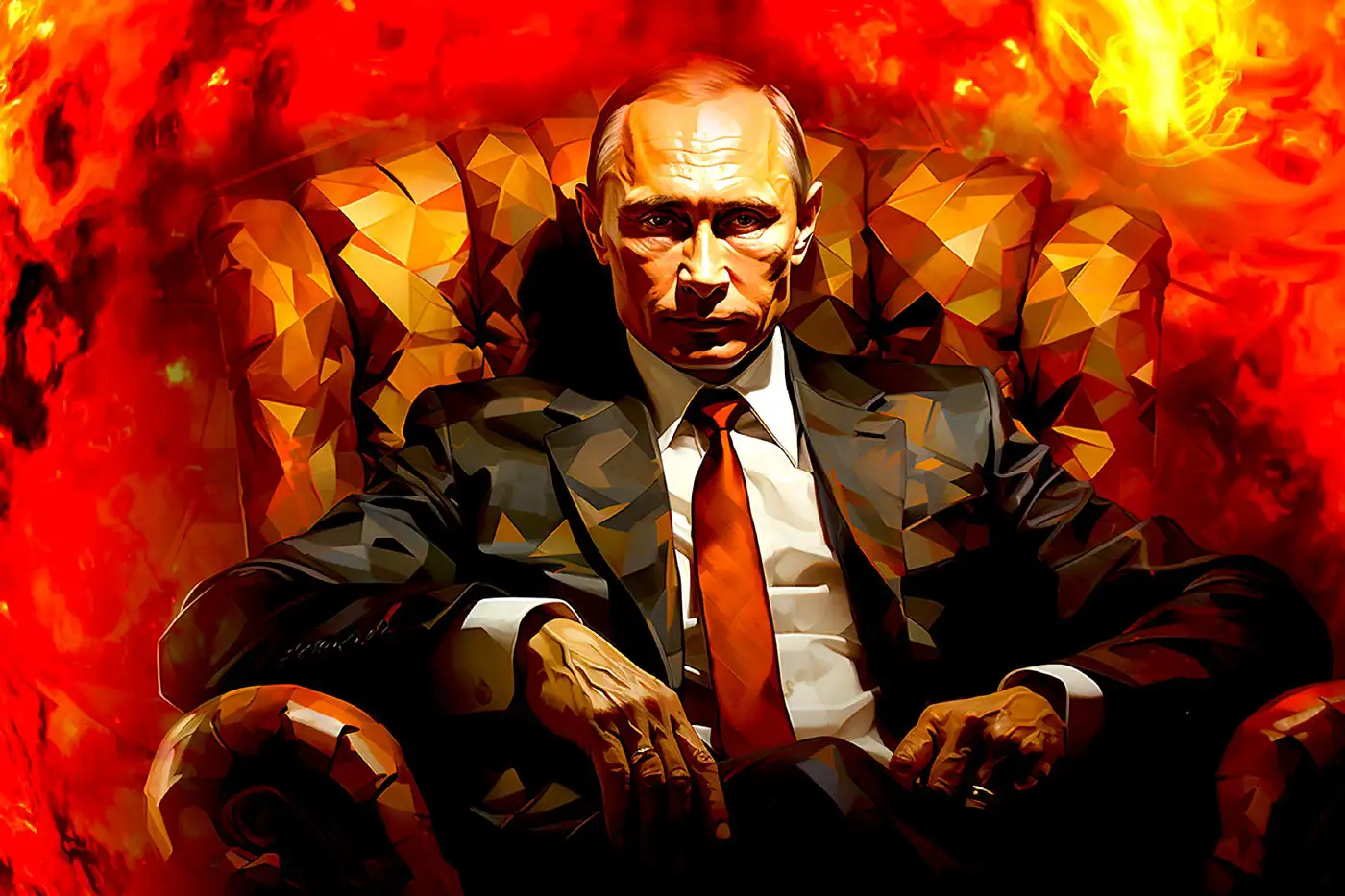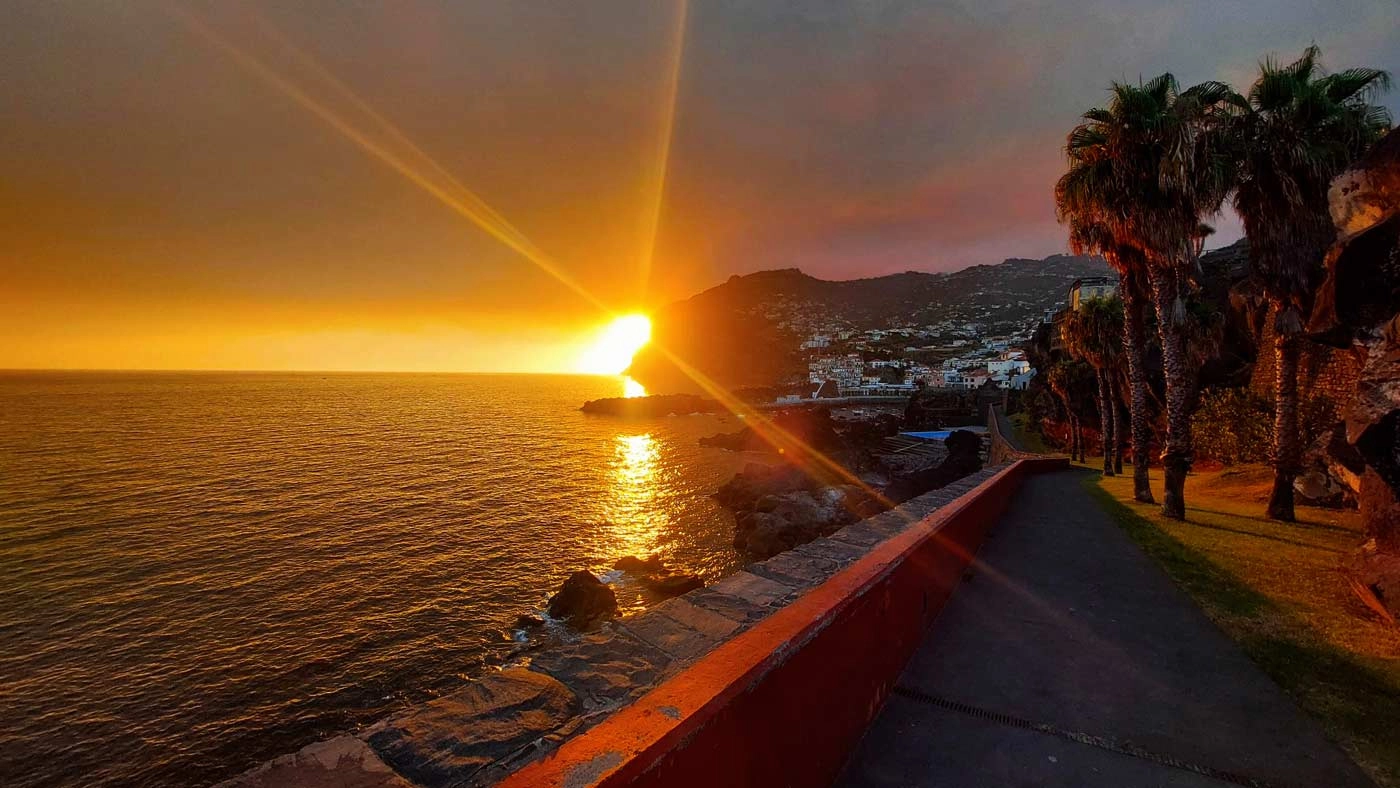Western Intelligence Warns of Growing Military Build-Up
Western intelligence agencies have raised urgent warnings over Russia’s military ambitions. Intelligence assessments indicate that before the end of the decade, Russia will have the capacity to wage a large-scale conventional war - and Europe is not reacting fast enough.
The European Union has warned its 450 million citizens to prepare for a potential large-scale conflict, urging them to stockpile essentials for at least 72 hours (…) NATO Secretary-General Mark Rutte has issued a stark warning - Russia could launch another major attack on Europe by 2030.
Putin's Plans Beyond Ukraine
Russian President Vladimir Putin’s territorial ambitions do not end with Ukraine. At this point, Moscow could easily test NATO’s resolve by launching limited military actions against one or more NATO members.
It becomes clear that while Russia is not prepared for an all-out war against NATO, it does not need to be. Russia instead may attempt smaller military operations to test the alliance’s commitment to mutual defense under Article 5 of the NATO treaty.
Russia Does Not Need a Full-Scale War to Destroy NATO
By testing NATO’s military resolve and Article 5, Putin could invade one of Europe’s weakest links and observe what will happen. It all comes down to this:
Would all member states be willing to defend a remote Balkan region against a nuclear powerhouse like Russia? Seeing that their military is unable to defend its own borders? One thing is granted: The Kremlin is eager to find out - and has little to lose.
In case Europe would ramp up meaningful resistance, Putin could simply retreat. Such an operation would mean little to no risk for Russia.
The outcome would be decisive:
Either NATO unites and goes to war with Russia, forcing Putin to withdraw, or the alliance hesitates, allowing Russia to succeed and signal the end of NATO. In this case, no European state would be safe anymore.
If the latter occurs, Putin would move one step closer to reclaiming former Soviet territory, posing a direct threat to larger NATO states such as Poland and other nations that once endured Soviet rule.
Russian Military Capabilities Despite War in Ukraine
Although much of Russia’s army is currently engaged in Ukraine, its air force and navy remain operational. If the war in Ukraine ends, Russian forces could be redeployed to border regions, creating a significant threat to NATO.
https://twitter.com/Gerashchenko_en/status/1905697199109079525
Military Expansion and Rising Defense Spending
Despite heavy losses in Ukraine and Western sanctions, Russia is expanding its military at an astonishing rate. Intelligence reports state that the Russian army could grow to 1.5 million soldiers by 2026, with a 30–50% increase in troops, weapons, and equipment in border areas near NATO. Defense spending has risen sharply, with Moscow allocating approximately 120 billion euros to military expenditures in 2025 - nearly four times the budget of 2021. The world cannot afford to underestimate this escalation. If NATO does not act decisively, it risks being unprepared for the most significant military challenge in decades.
Europe Could Need a Decade to be War-Ready
At this point, Europe is unable to defend its territory against Russia without the U.S, and even if European nations significantly increase their defense spending, it would take time to modernize their forces and scale up their military readiness. This could take up to 10 years, as defense budgets need to be allocated toward procurement of new systems, training of personnel, and upgrading infrastructure. Additionally, rebuilding defense capabilities requires time to reorganize and prepare forces for large-scale operations.








Comments